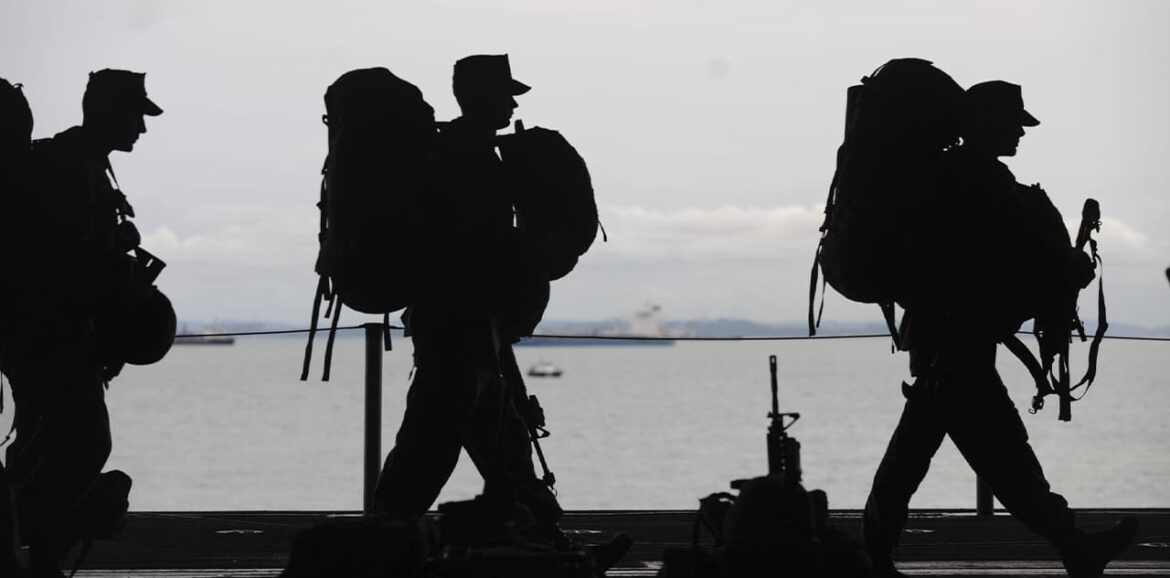Battle of Britain – under this name went down in the history of World War II the air battle over the British Isles in August 1940 – May 1941. In the summer of 1940 Hitler tried to make peace with Great Britain in order to secure the rear for the coming war against the USSR, but did not achieve success. Then on July 16 Hitler gave the instruction ¹16 on the preparation of the “Sea Lion” operation against England and on August 1 gave the instruction ¹17 on the realization of the wide air war against England, having as a purpose to destroy the English aviation, to destroy the economy, to terrorize the population and to force Great Britain to capitulation. Three air fleets were assigned for this purpose: the 3rd (by Colonel General G. Spurlet, in northwest France), the 2nd (by Colonel General A. Kesselring, in northwest France) and the 5th (by Colonel General G. Stumpf, in Norway), which included 2800 aircraft, including 1600 bombers.
For the air cover of England there were four air groups under the general command of Air Marshal Dowding (704 airplanes, including 620 fighters, and 289 in reserve). Along the coast there was a network of radar installations, which provided an air defense system (80 radars). On August 12 and 13, 1940, the German air force conducted the first major raids on British airfields (August 13, 1485 sorties against 727 for the British); on August 15, 1786 sorties were conducted (against 975 for the British). These air battles revealed the superiority of the British air force. Bombing damage was comparatively small, and German losses were 75 airplanes (versus 34 for the British). From August 24 to September 6, the German air force conducted an average of 1,000 sorties a day, mostly striking British airfields. Beginning from September 7, it began to bomb large cities in England, especially London (September 15, the bombing was especially heavy).
The British Air Defence Force offered stubborn resistance: from August to October 1940, 1,103 German planes were shot down (the British lost 642). In November German aviation shifted the main blow to peripheral towns and ports of England (Birmingham, Southampton, Liverpool, Bristol, Plymouth). On the night of November 15 the city of Coventry was almost completely destroyed. Later the air raids became weaker, except for some (for example, a raid of 685 planes on London on April 17, 1941). In 1940 the German aircraft has dropped about 37 thousand tons of bombs on England and in 1941 (mainly till May) about 22 thousand tons. During the year (from June 1940 to June 1941) as a result of raids, over 43 thousand people were killed and about 51 thousand seriously wounded. A number of cities was strongly destroyed.
Summary of the Battle
Despite significant human losses and material losses, Great Britain survived. Hitler was not able to lead them out of the war. The victory sharpened the morale of the British and shattered the myth of the inefficiency of the German army. In connection with the preparation of the aggression against the USSR, the most combat-ready Luftwaffe units were transferred to the circuit.
